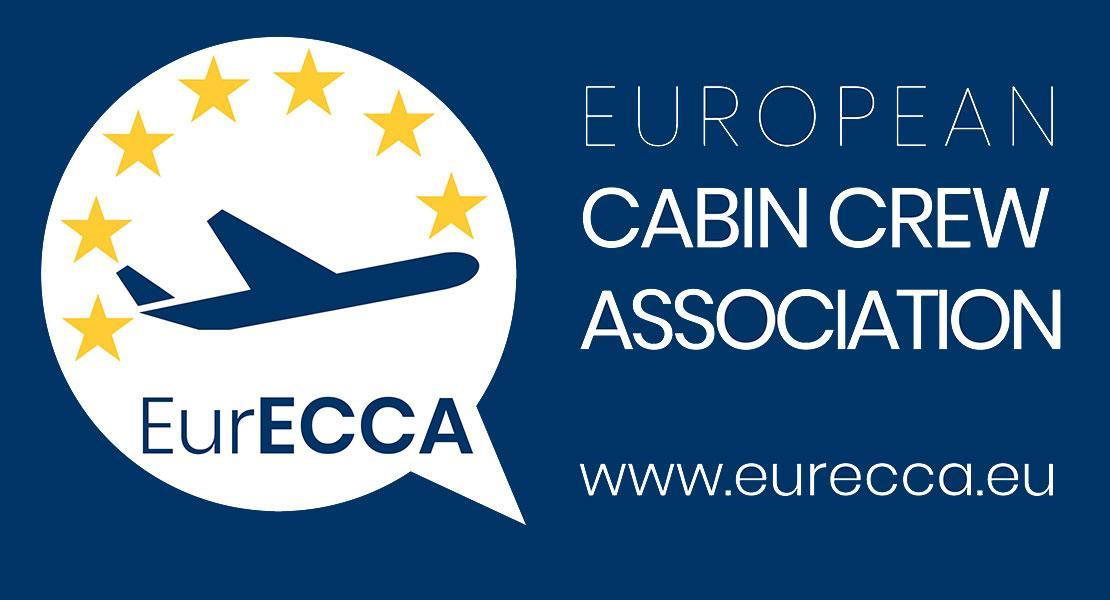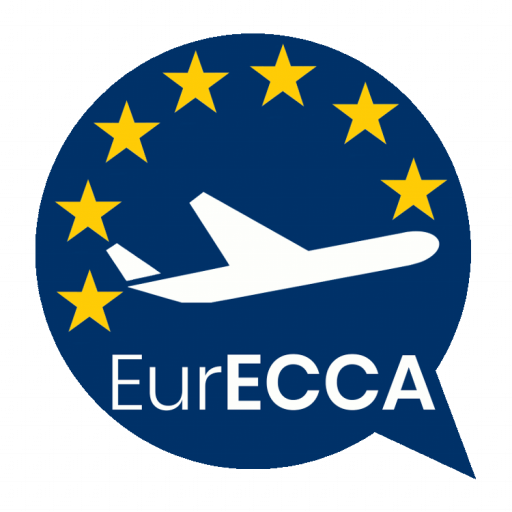Occurrence reporting for cabin crew
The aviation industry relies on many technical and non-technical assets to guarantee the highest standards of flight safety. In recent years overall traffic has increased rapidly, leading to more operated flights which in turn means the risk of occurrences or even fatal incidents has increased.
In order to maintain a high-level of safety standards it is crucial to identify and analyze all occurrences during the different phases of an operated flight. Focusing on these occurrences will help the aviation industry to be proactive instead of reactive.[1] Derived from this need the EU has created Regulation (EU) No 376/2014[2] on the reporting, analysis and follow-up of occurrences in civil aviation.
Article 4(6) of the Regulation (EU) No 376/2014 defines the scope of natural persons who have the obligation to report occurrences listed in Article 4(1). In addition, the European Commission implements Regulation (EU) No 2015/1018[3] which further divides the categories of reported occurrences. Currently cabin crew are not specifically mentioned in the mandatory reporting system and therefore have no possibility to report occurrences via ECCAIRS (European Coordination Centre for Accident and Incident Reporting Systems).
In addition to all mentioned natural persons, cabin crew also fulfill several highly relevant safety tasks before, during and after a flight to ensure a safe operation. Under Annex I paragraph 4 of Regulation (EU) No 2015/1018 the listed examples of emergencies and other critical situations are directly referring to cabin crew and describing cases where reporting is mandatory.
Furthermore, there is a clear differentiation between more technical/procedural and personal occurrences relating to cabin crew such as fatigue or incapacitation as a result of medical reasons or constantly working under pressure.
EurECCA therefore calls the European Commission to amend the Regulation (EU) No 376/2014 adding cabin crew to the list of natural persons who are obliged to report occurrences according to official reporting systems such as ECCAIRS. Only if all relevant groups, including cabin crew, are in the reporting systems, will the collection and analysis of data be robust enough to improve safety, technological developments and amendments in the current civil aviation legal framework.
In addition, EurECCA wants to highlight the link[4] to Framework Directive 89/391/EEC[5] on health and safety at work that is currently not applicable for in-flight workplaces. Excluding cabin crew from Regulation (EU) 376/2014 and not having an individual Directive for in-flight workplaces could lead to serious consequences:
- Increased impact on the physical and mental health of cabin crew through the artificial environment on board and the economic pressure to maximize the productivity, as there are no minimum rules defined in the OH&S framework.
- Lack of data in occurrence reporting as there is no mandatory reporting for cabin crew. National or European authorities are therefore not able to take countermeasures derived from the incidents and accidents which have occurred.
EurECCA encourages the European Commission to integrate cabin crew into Regulation (EU) 376/2014 to enable ECCAIRS to submit these vital occurrence reports.
EurECCA represents, protects and develops the rights and needs of all cabin crew all over Europe
[1] ECCAIRS 2 Central Hub | Why Safety Reporting (aviationreporting.eu)
[2] EUR-Lex – 32014R0376 – EN – EUR-Lex (europa.eu)
[3] EUR-Lex – 32015R1018 – EN – EUR-Lex (europa.eu)
[4] Cabin Crew Legal Framework | EurECCA
[5] EUR-Lex – 31989L0391 – EN – EUR-Lex (europa.eu)
About EurECCA: established in Brussels in 2014, the European Cabin Crew Association, EurECCA, represents, protects and develops the rights and needs of cabin crew all over Europe. It is composed of cabin crew unions from European Union Member States as well as accession and bordering states and represents some 33,000 cabin crew accounting for 70% of all organized cabin crew in Europe. EurECCA has no political connections. EurECCA’s work is around Cabin Crew working conditions, wages, social protection and health and safety at work.
EurECCA European Cabin Crew Association AISBL
Rue du Commerce 20-22
1000 Brussels, Belgium


